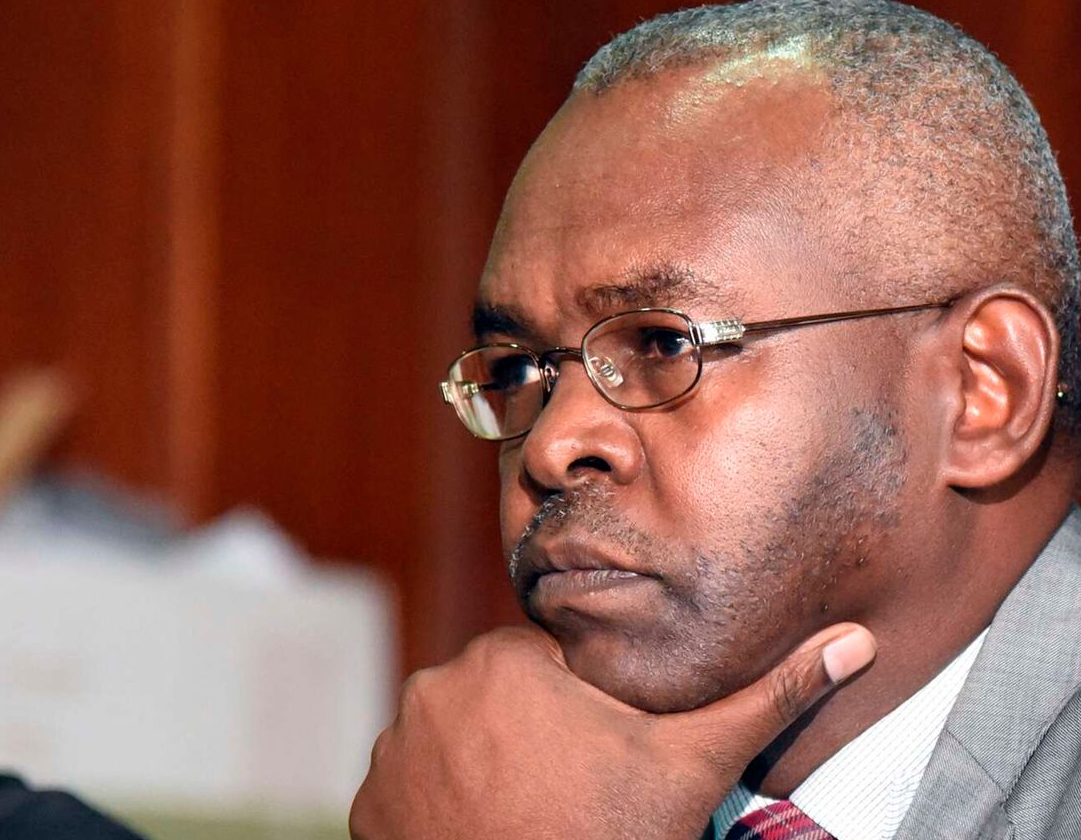Commercial banks in Kenya want the Central Bank of Kenya to lend them money cheaply to support their operations. They, however, want it to be done discreetly so as to spare them the risks of being viewed as weak by investors and depositors.
The banks had proposed to access money through CBK’s Discount Window without the stigma that is associated with the use of the facility.
The discount window is a central bank lending facility meant to help commercial banks manage short-term liquidity needs. Banks that are unable to borrow from other banks in the fed funds market may borrow directly from the central bank’s discount window paying the federal discount rate.
The CBK charges 13% to access the money at the discount window.
Borrowing from the regulator is often seen as an indication that the borrowing bank is desperate for money and cannot get it from other banks at the interbank market. This typically puts the bank at risk of a fall out with investors and depositors.

READ>>>>>CBK Content With Economic Health, Retains Base Lending Rate at 7.00%
The banks further noted that the CBK in conjunction with the national treasury should come up with other specific measures that particularly cushion institutions. They proposed that the Central Bank should further mitigate the impact of COVID-19.
To discourage the use of money from the fund, the regulator gave stringent conditions to the banks including organizing and consolidating investments, selling forex and making cash calls to shareholders.
Those banks that tapped the fund are also required to file daily and weekly reports and be put under targeted inspection.
Only a few banks have continued to rely on CBK for cash to stay afloat. The fact that the banks are resorting to the CBK for support in a market that has remained barely liquid in recent months is, however, an indicator of an inefficient interbank lending market.
Since the closure of Dubai Bank, Imperial Bank, and Chase Bank, the large banks have been reluctant to lend to their smaller counterparts citing heightened risk.
In the credit survey report, the CBK said that 74% of the banks had seen an improvement in liquidity by September last year. 24% of the banks witnessed a decline in available funds.
To ensure the banks remained above the water during the COVID-19 pandemic, the CBK lowered their rates by 125 basis points to seven per cent to reduce the cost of funding for banks so that they would pay less on deposits.
Banks will now only keep 4.25% of their deposits at the CBK down from 5.25%, releasing Ksh35 billion in cash to keep them liquid.
CBK also increased the duration lenders are allowed to keep repo from 28 days to 3 months in a bid to keep banks flush with cash during the COVID- 19 crisis.













Leave a comment